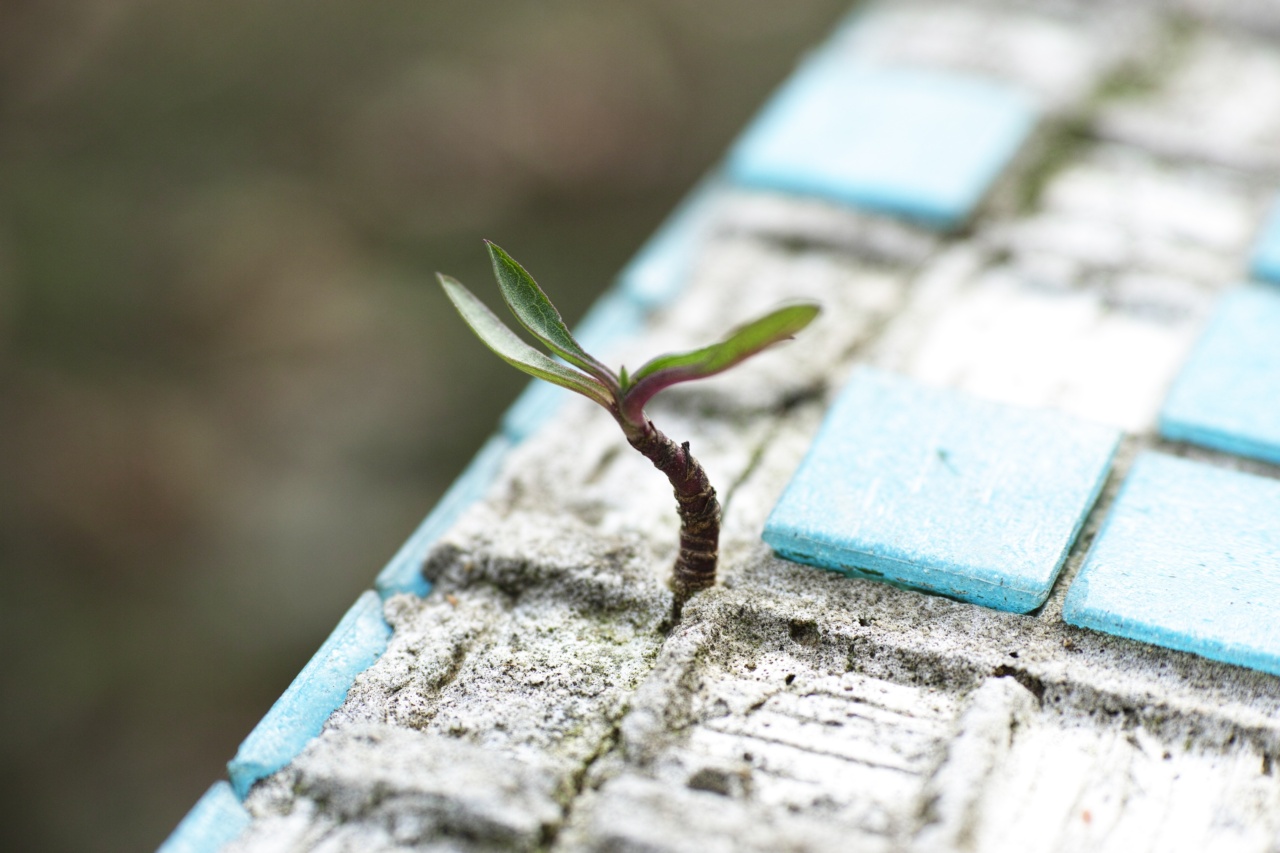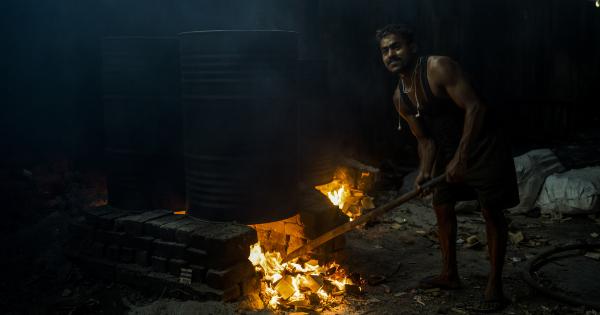The summer season is always fun and exciting as you get to experience the warm sun and enjoy outdoor activities such as going to the beach and having a picnic. However, sometimes the heat can become unbearable, and that’s when a heatwave hits.
A heatwave is a prolonged period of hot weather accompanied by high humidity, making it uncomfortable to stay outdoors. Here are some tips and tricks for surviving a heatwave.
Stay Hydrated
During a heatwave, one of the crucial things you need to do is to stay hydrated. The human body loses water through sweating, which can lead to dehydration if you don’t take in enough fluids.
Drink plenty of water throughout the day, even if you don’t feel thirsty. Avoid alcohol, caffeine, and sugary drinks as they can dehydrate you. Coconut water or fruit juices can be a good option for replenishing electrolytes.
Avoid the Sun
During a heatwave, try to avoid going outdoors as much as possible, especially when the sun is at its hottest. Stay in the shade or indoors, where it’s cooler.
If you need to go outside, wear loose-fitting and lightweight clothing that’s light in color. Wearing a hat and sunglasses can also help protect you from the sun’s rays.
Use a Fan or Air Conditioner
If you don’t have air conditioning, use a fan to circulate the air in your home. Place a bowl of ice in front of the fan to create a refreshing breeze. If you have an air conditioner, set it to a cool temperature to keep the room comfortable.
Make sure your air conditioning unit is well-maintained to avoid any breakdown during hot weather.
Take Cool Showers
During a heatwave, taking a cold shower or bath can help bring down your body temperature and make you feel more comfortable. You can also use a damp cloth or a cooling gel to keep yourself cool.
Freeze your gel packs or damp cloths overnight, and you can use them for a cool touch during the day.
Eat Light Meals
During a heatwave, it’s important to eat light and healthy meals that don’t require too much energy to digest. Eat plenty of fruits and vegetables that are high in water content, as they can help keep you hydrated.
Avoid heavy and spicy meals that can make you feel more uncomfortable in hot weather.
Stay Connected with Others
Make sure you stay connected with your friends and family during a heatwave, especially those who are more vulnerable, such as the elderly or young children.
Check on them regularly, and make sure they have everything they need to stay cool and hydrated. If you don’t have air conditioning, you can look for cooling centers in your community.
Exercise in the Morning or Evening
If you enjoy exercising, try to do it in the early morning or late evening when the temperature is cooler. Avoid exercising during the day when the sun is at its strongest, and it’s hotter.
Remember to stay hydrated before, during, and after exercise.
Keep Your Home Cool
Try to keep your home as cool as possible during a heatwave. Keep your curtains or blinds closed, and windows and doors shut during the day to block out the heat.
Use window films or solar shades to reduce the amount of heat and sunlight that enters your home.
Be Prepared
Lastly, always be prepared for a heatwave, especially if you live in an area that’s prone to hot weather. Stock up on water and non-perishable food, have a first-aid kit ready, and make sure you know the signs of heat exhaustion and heatstroke.
Seek medical attention if you or someone else experiences symptoms such as dizziness, headache, extreme fatigue, or confusion.
























